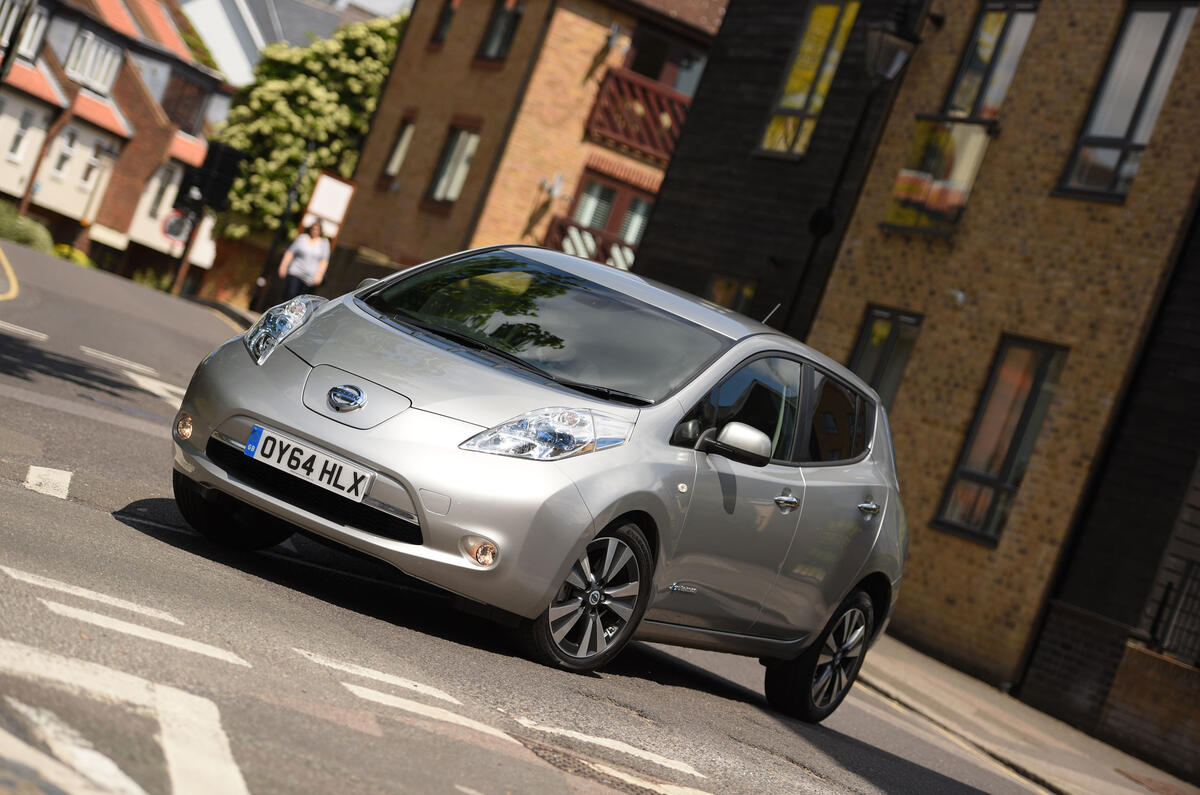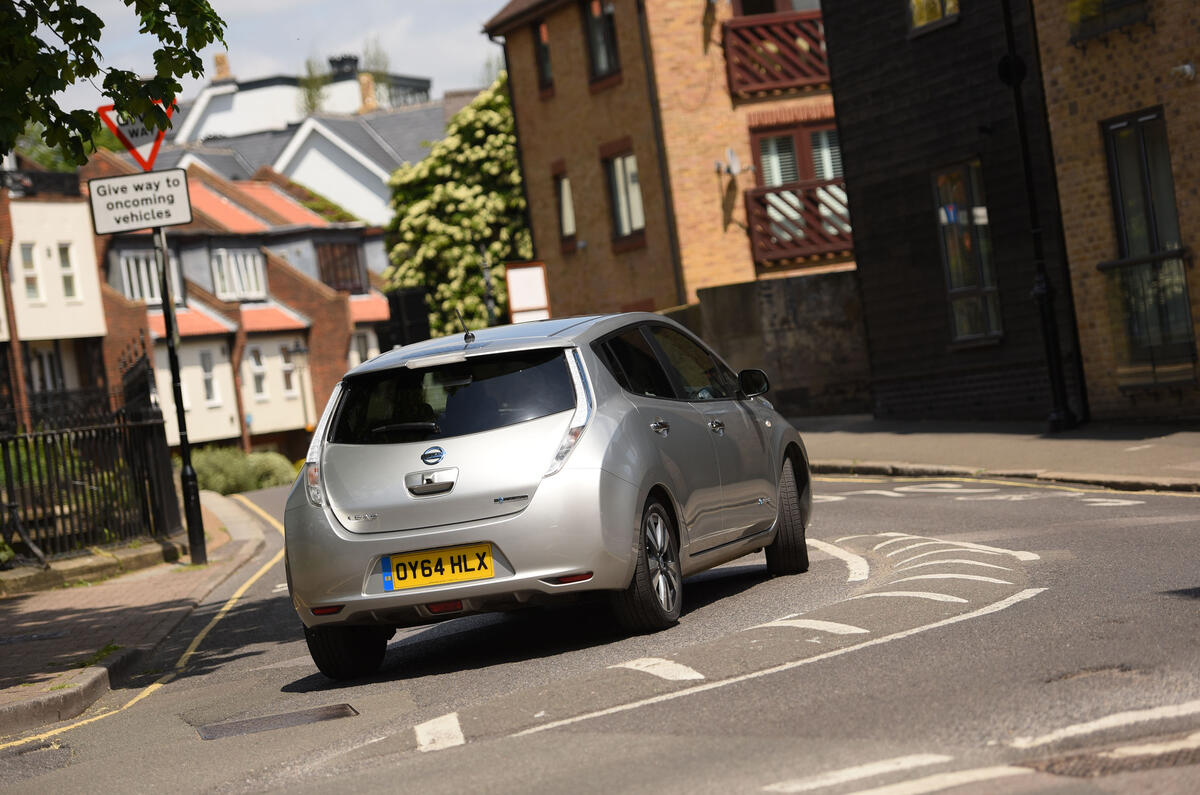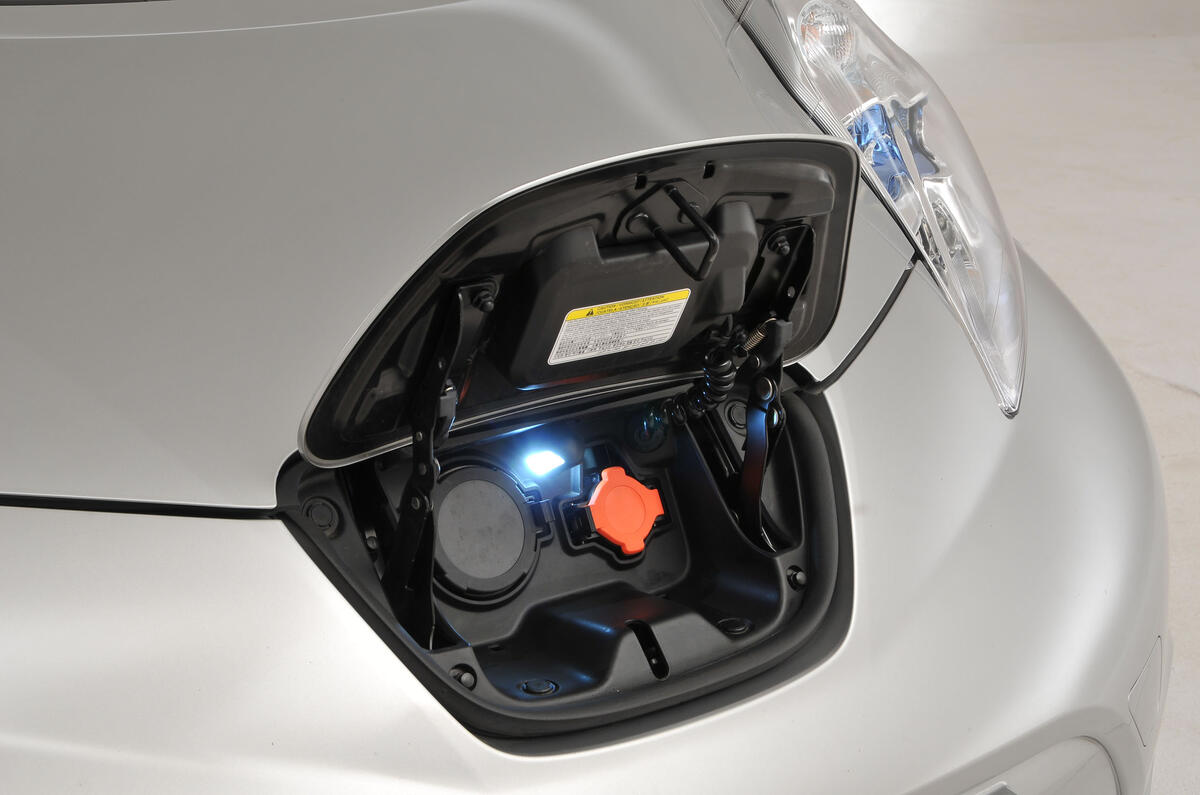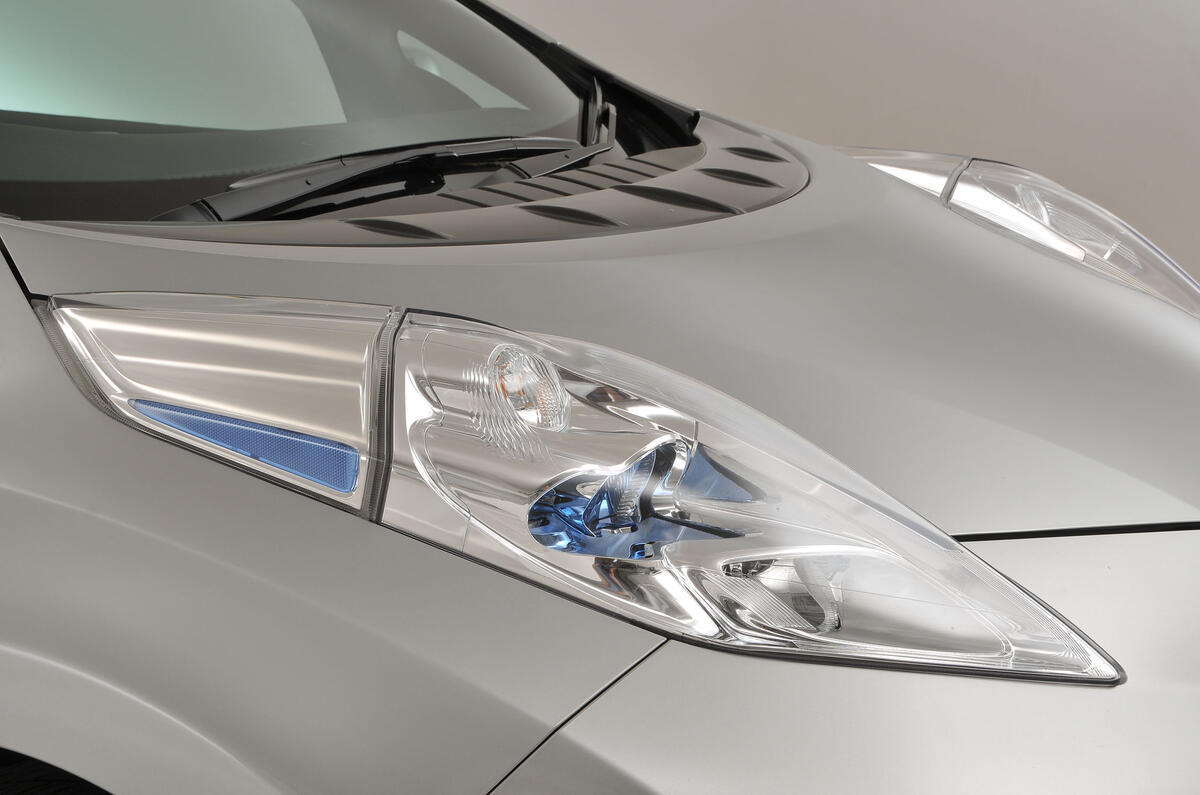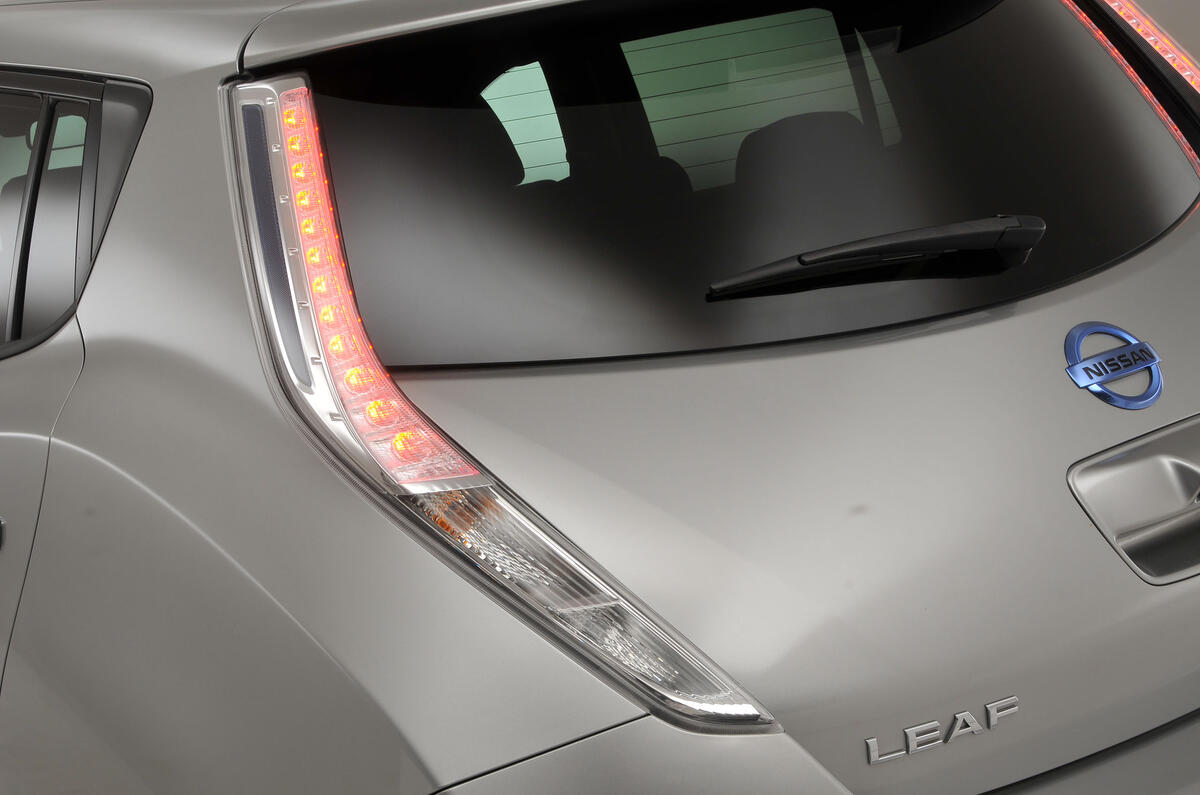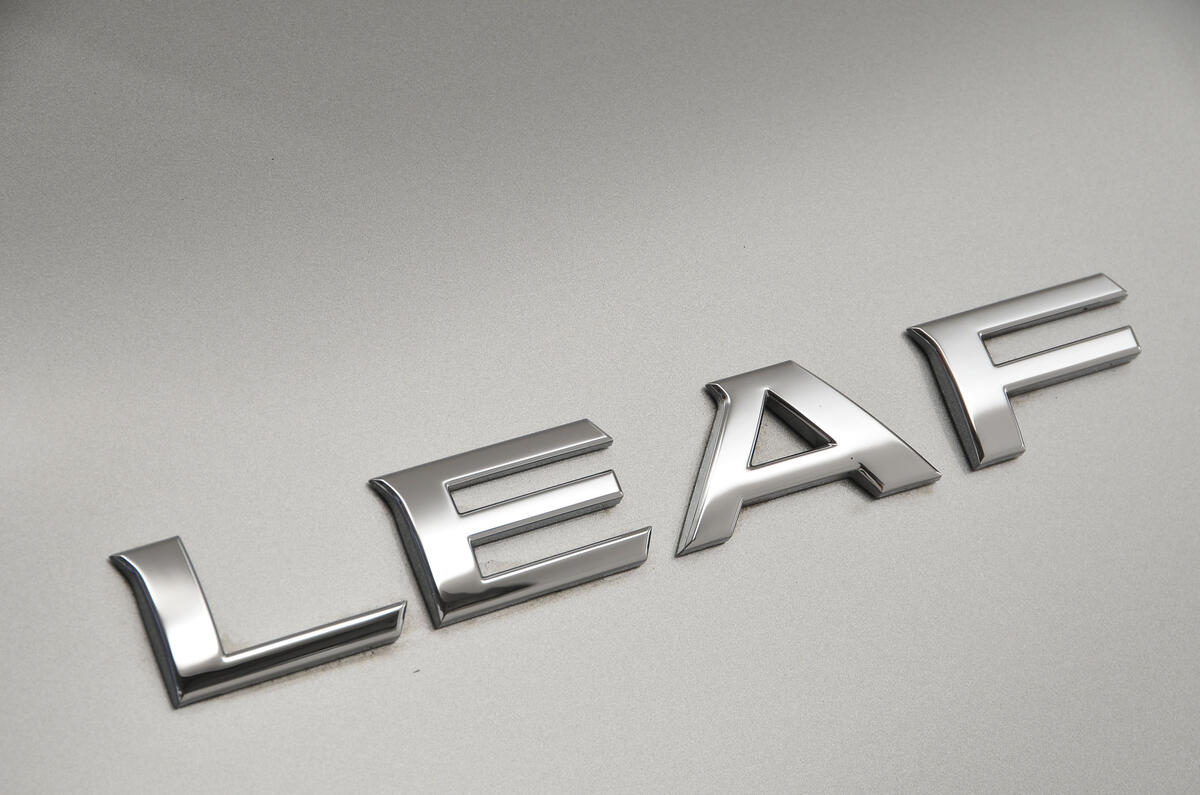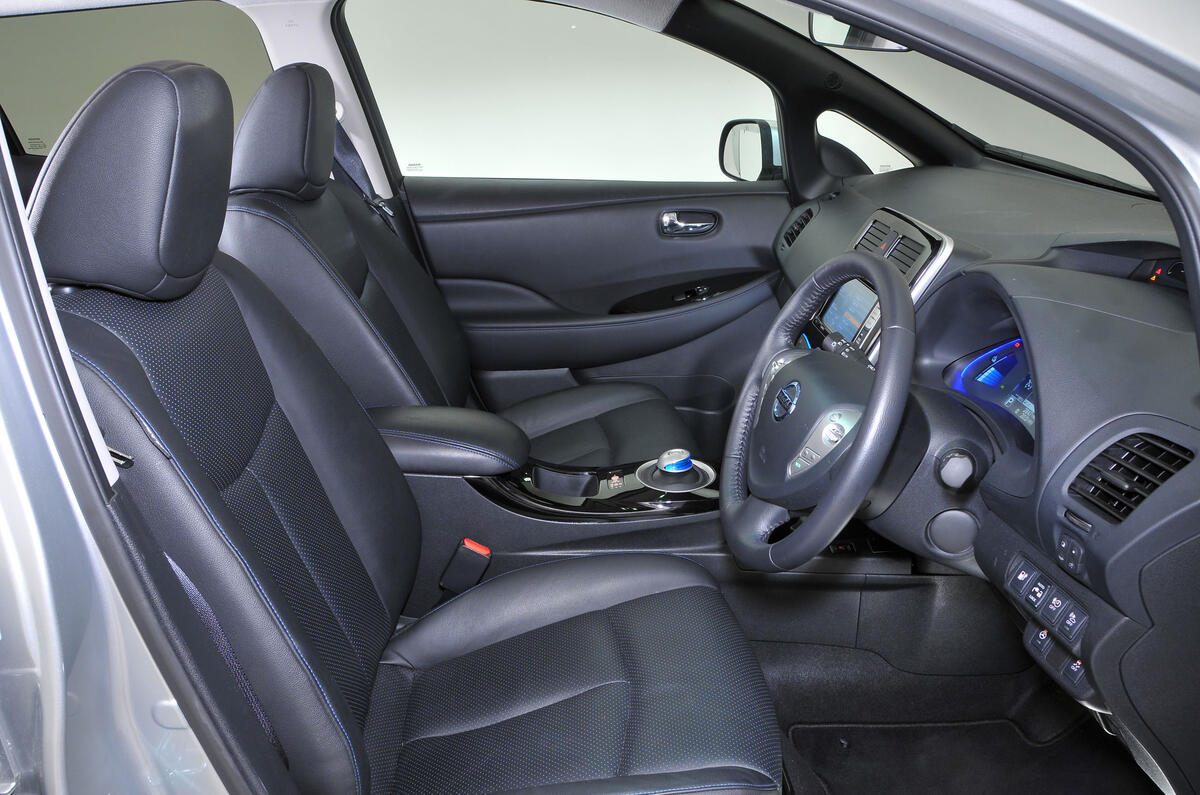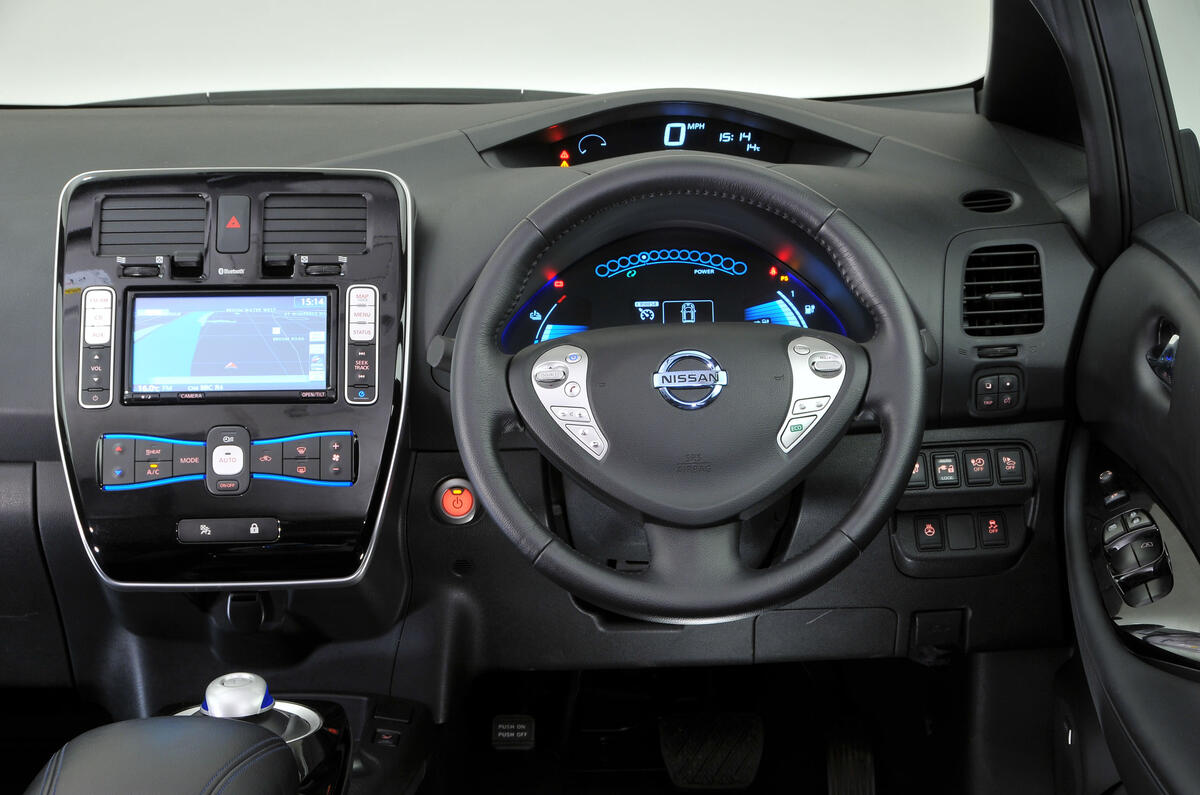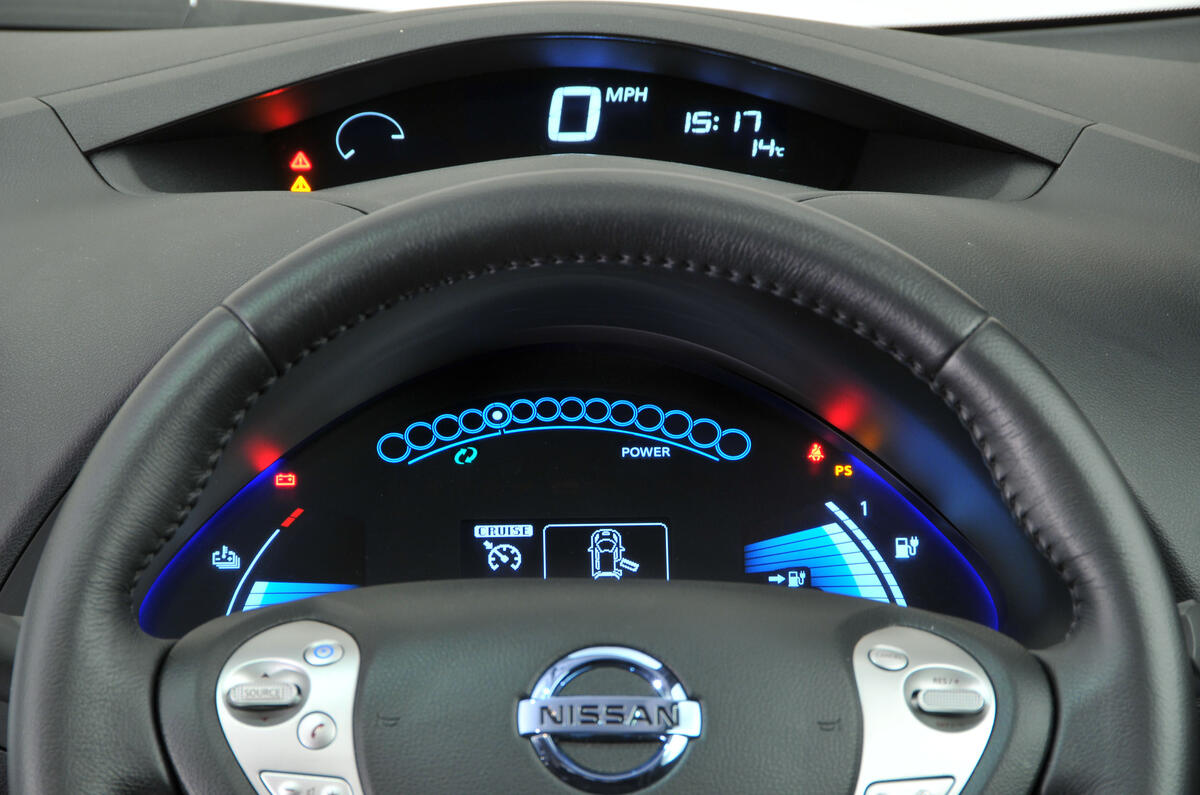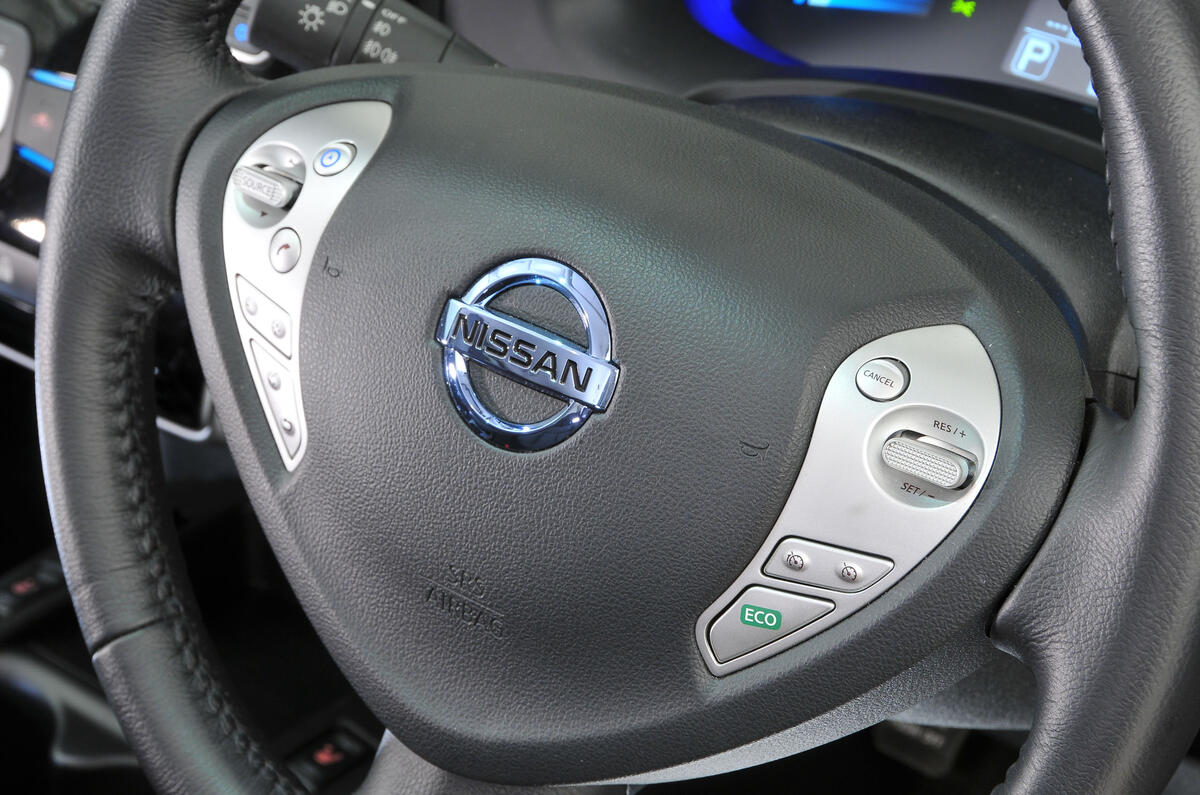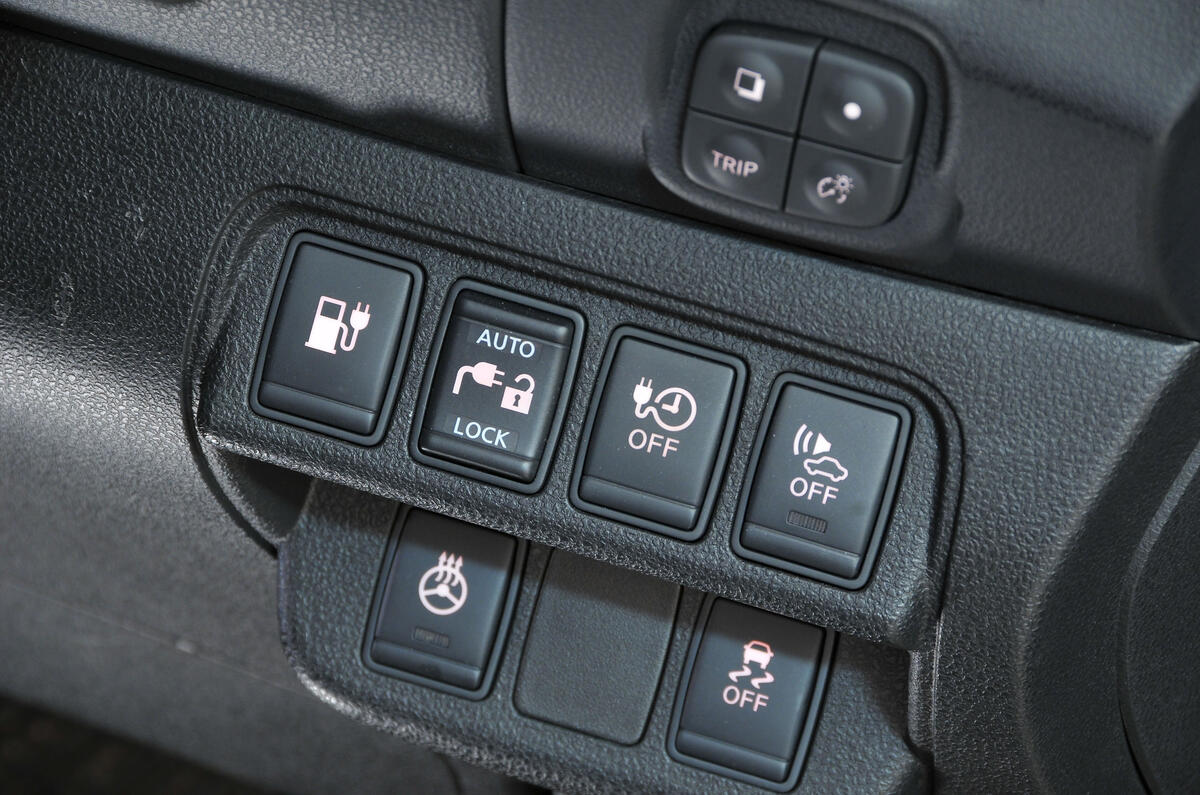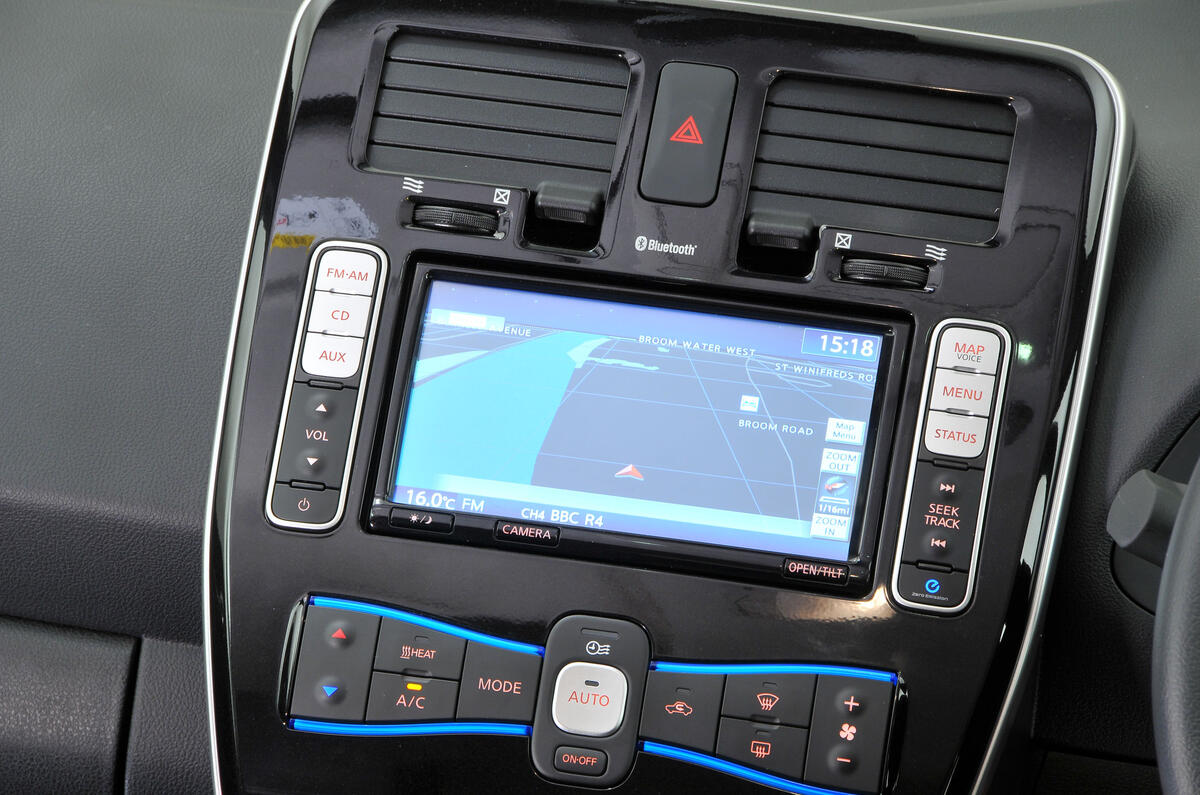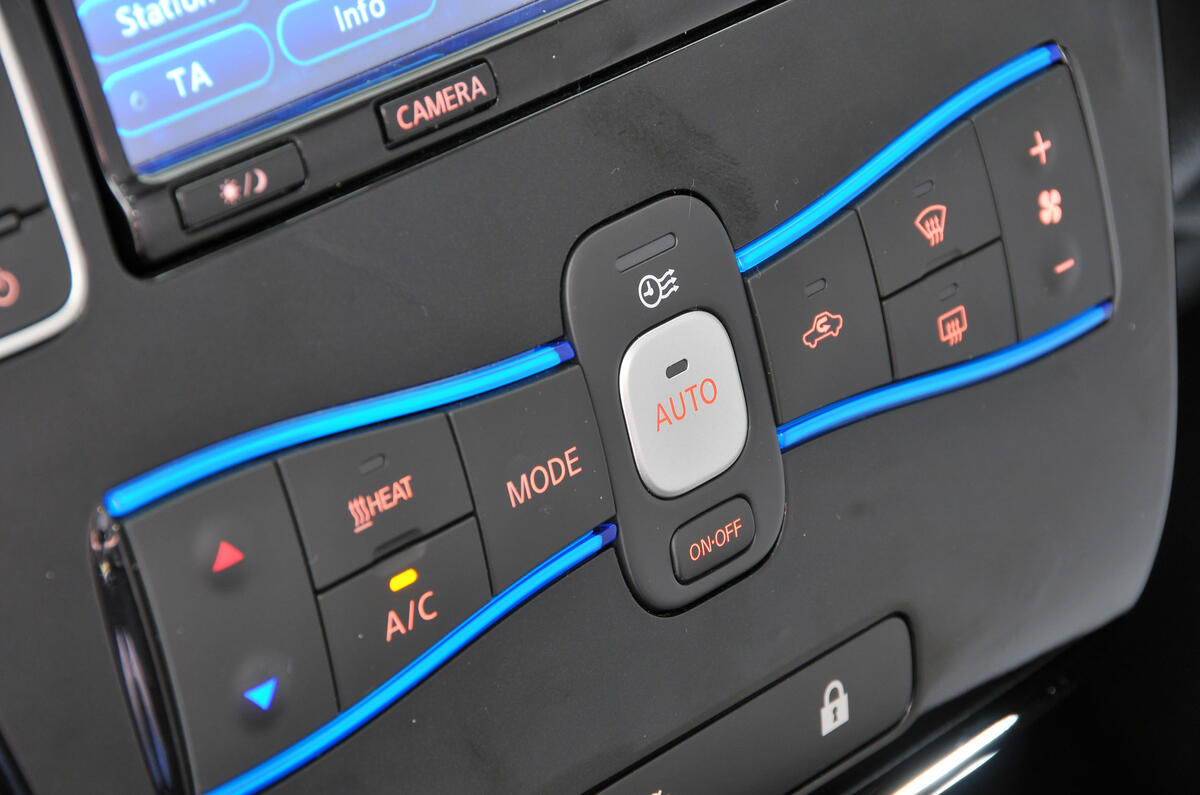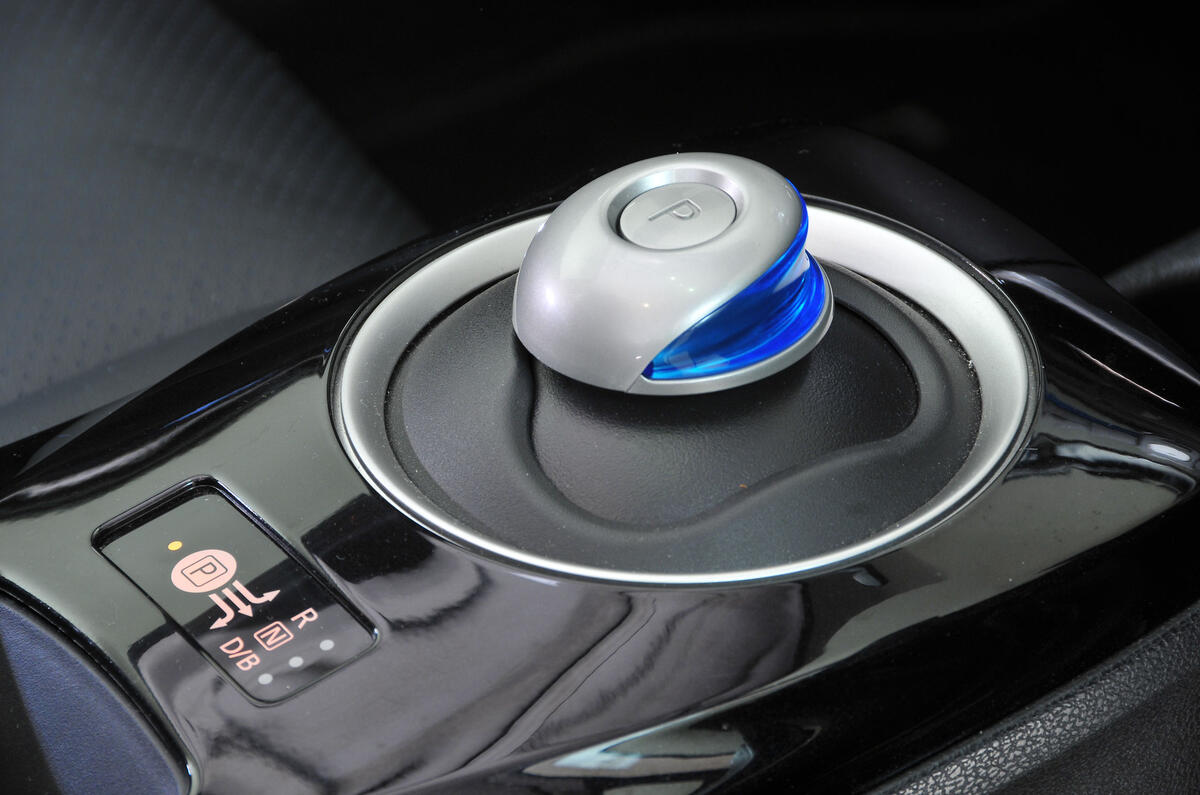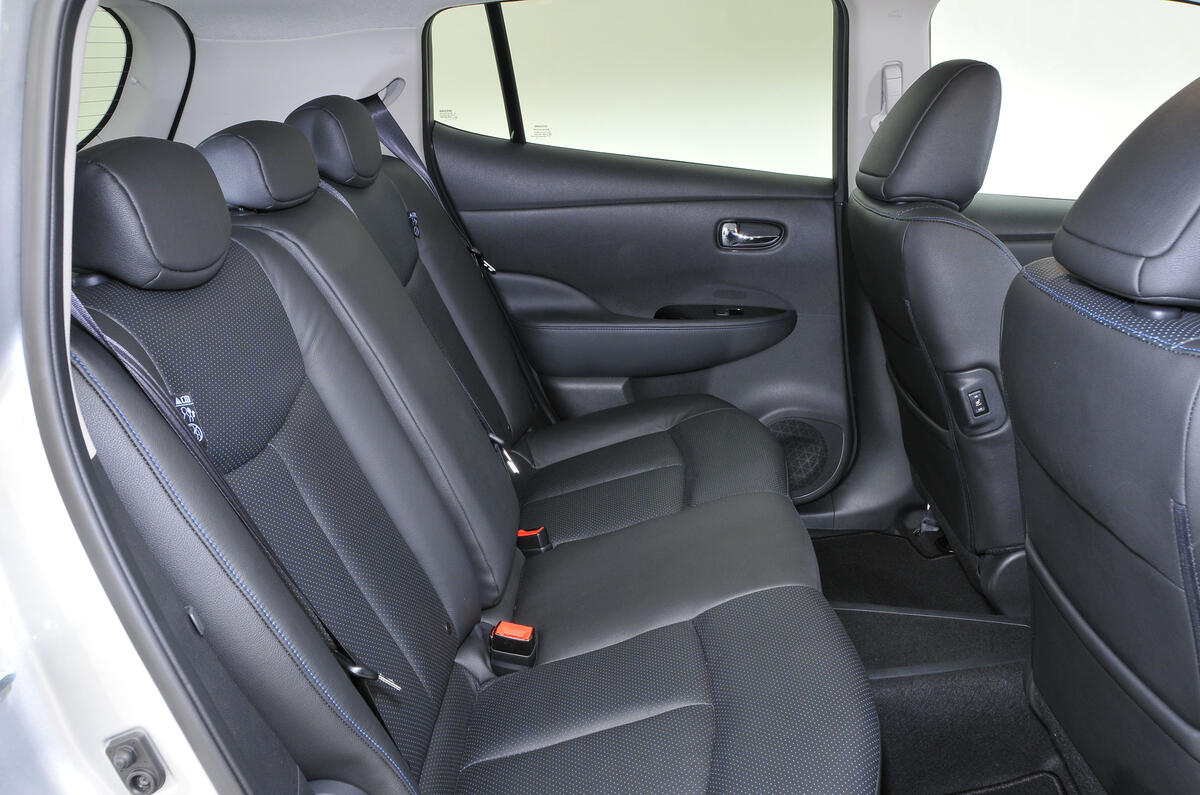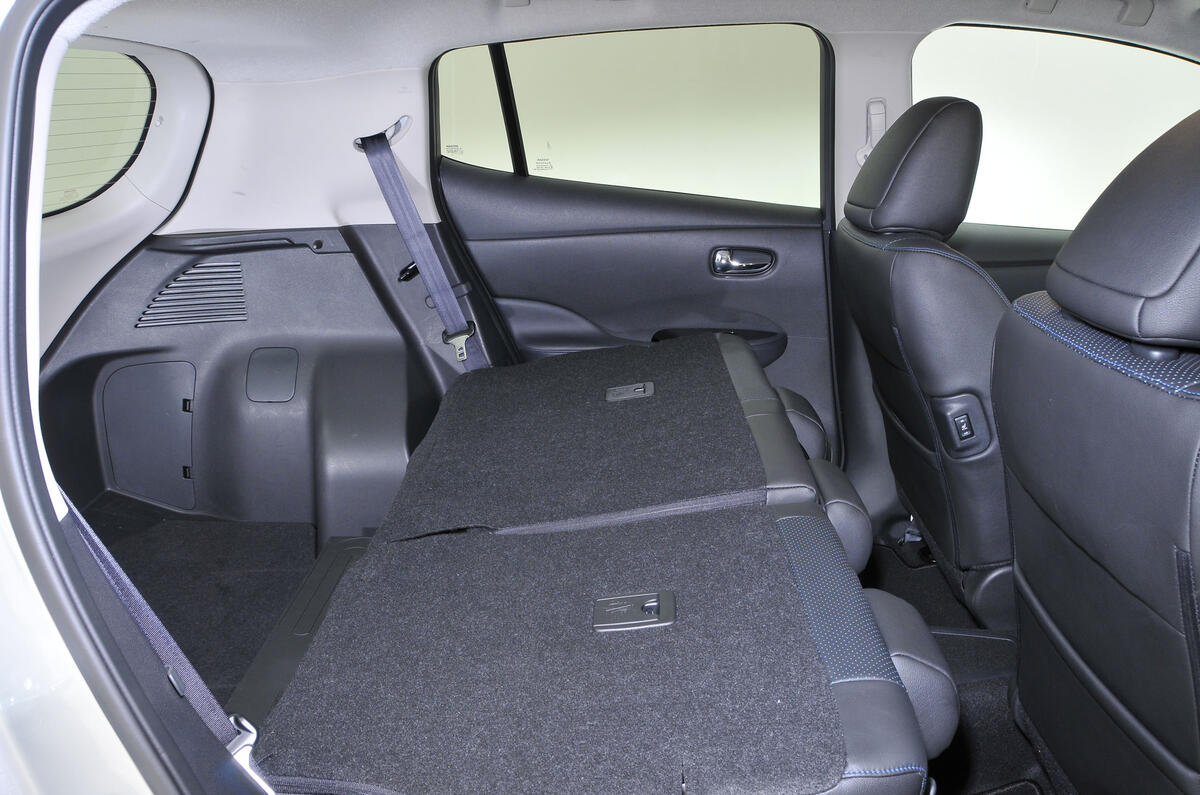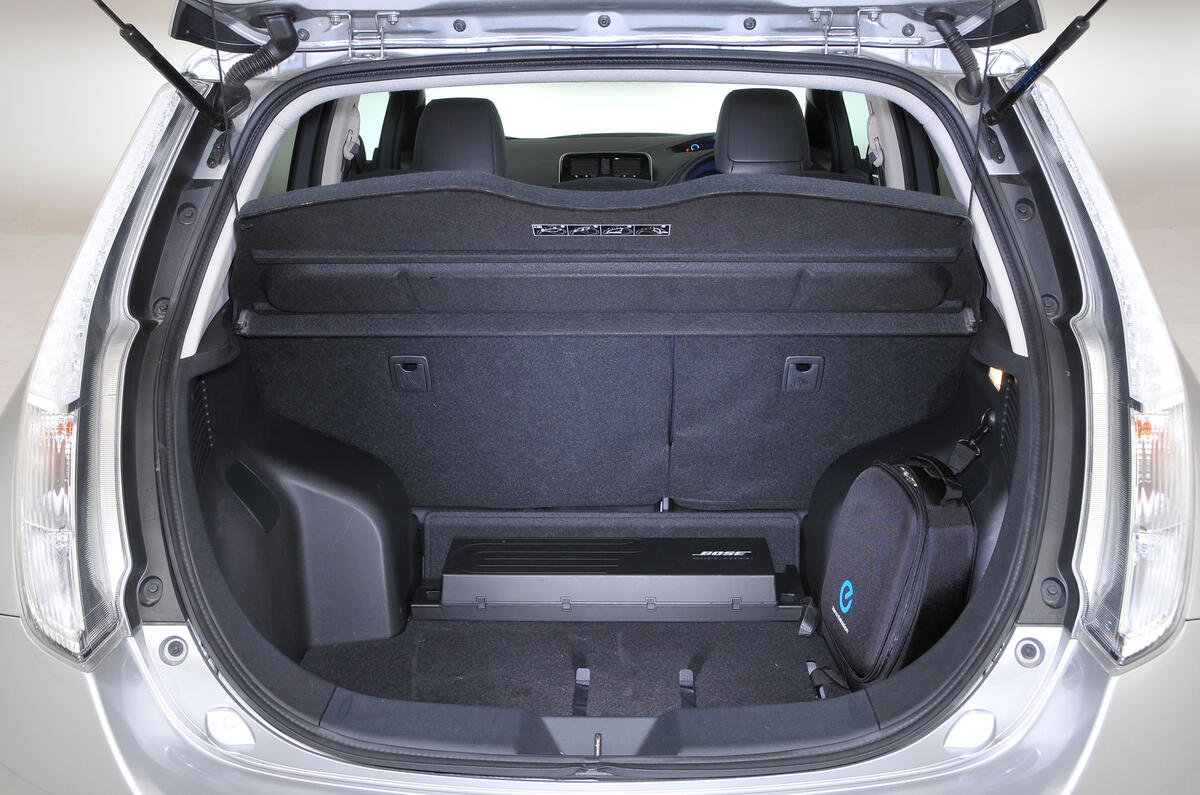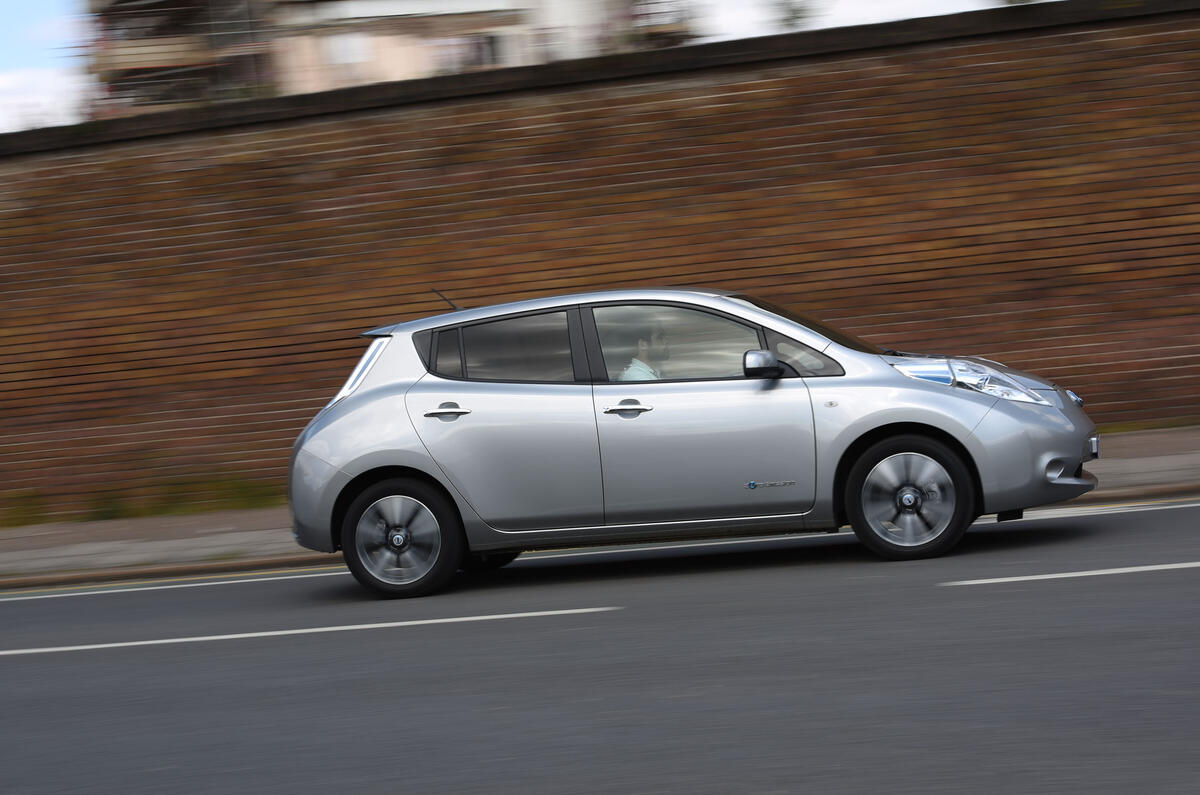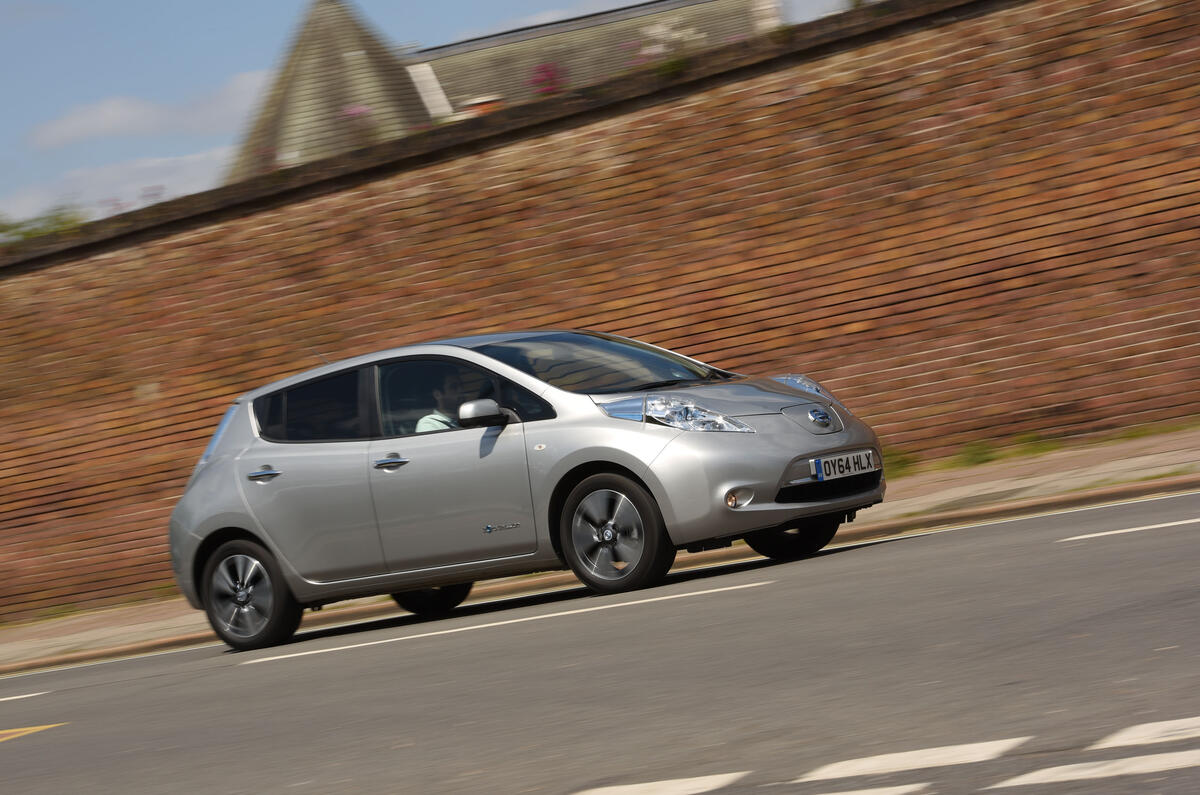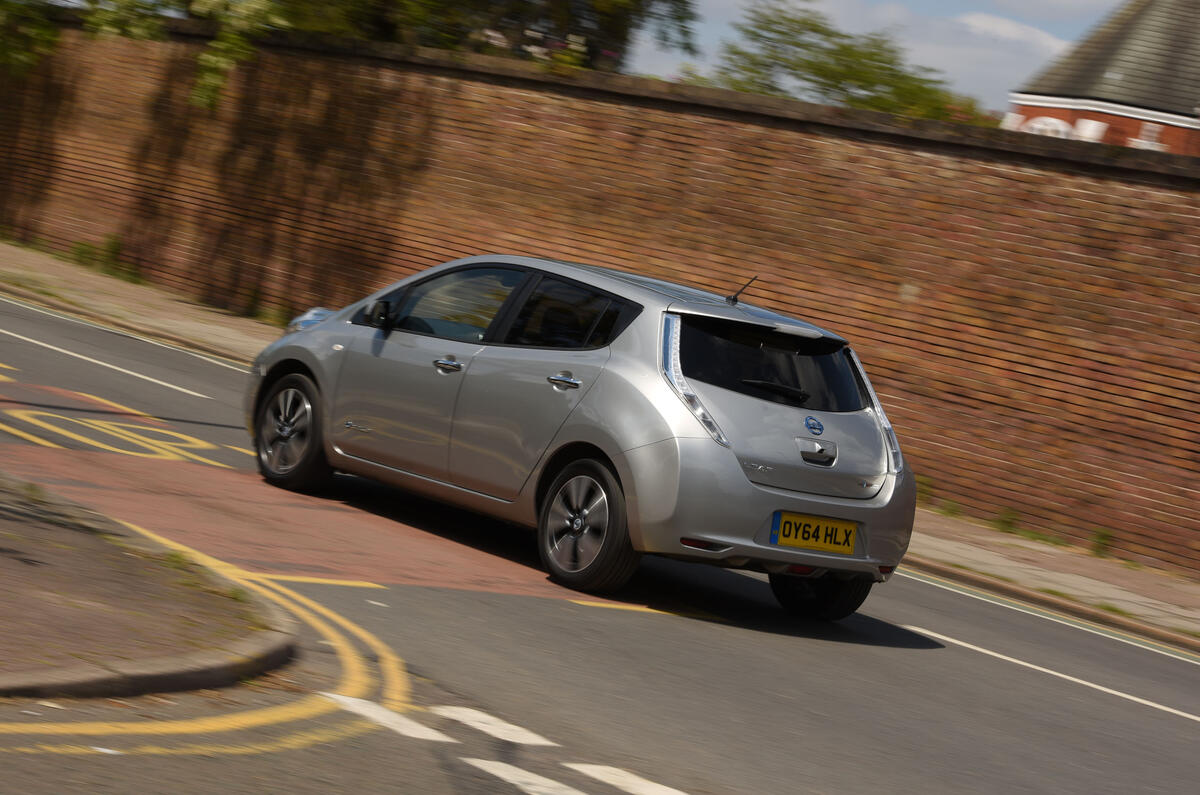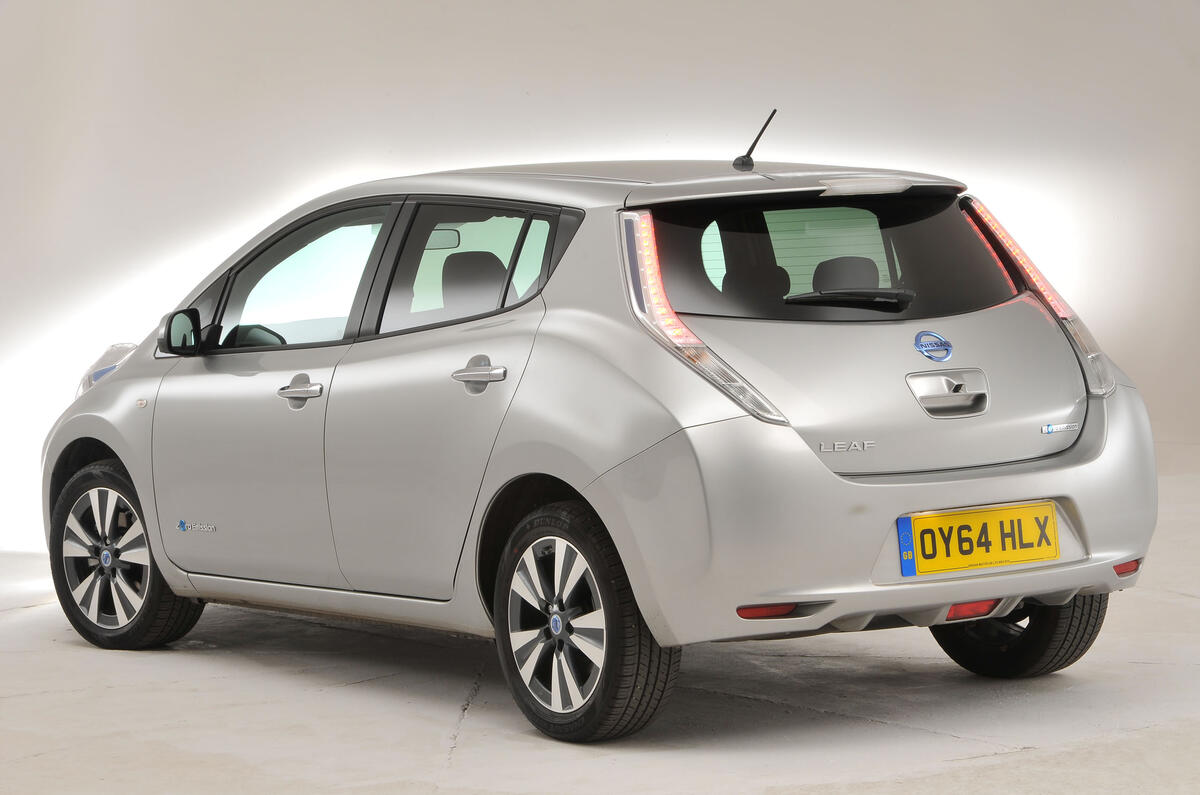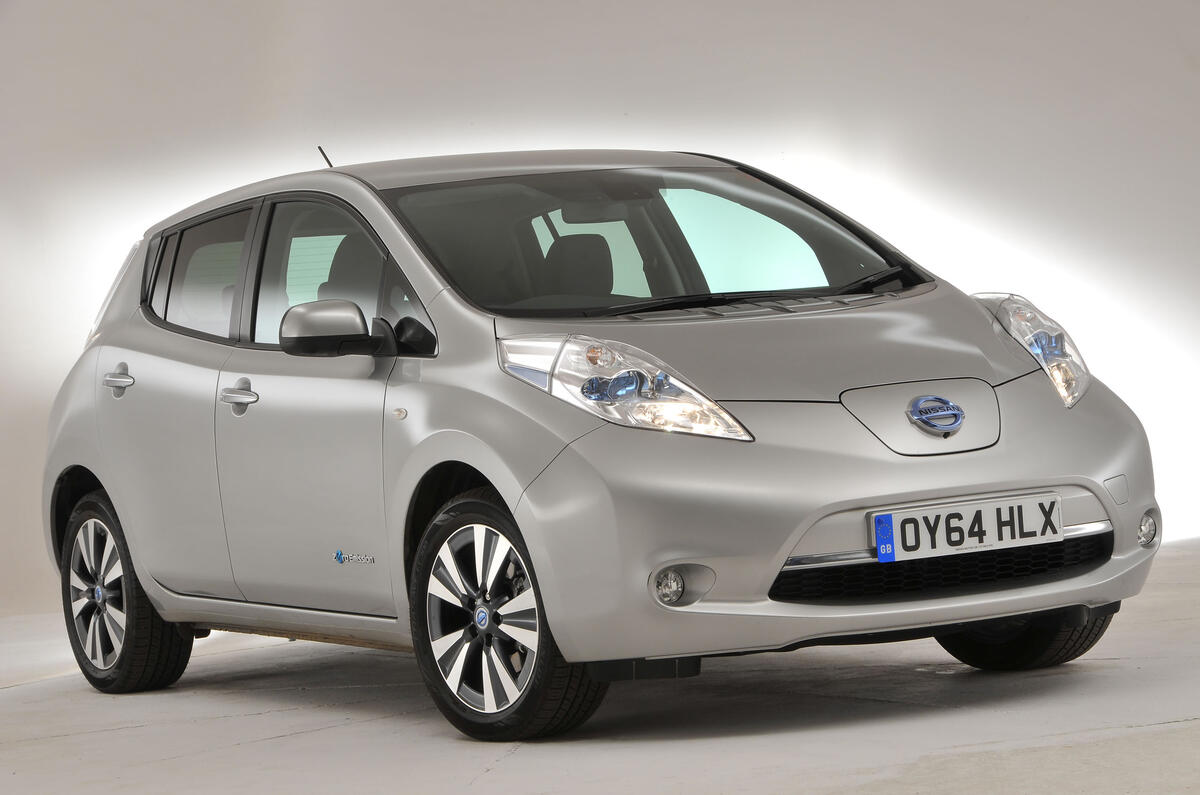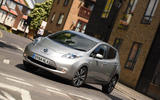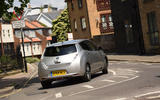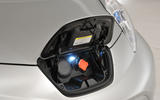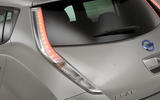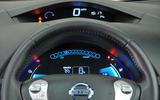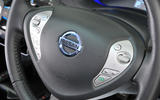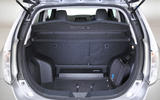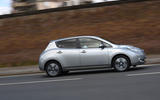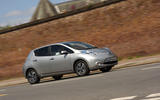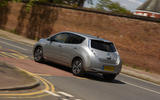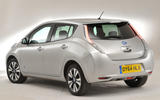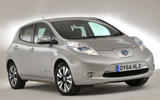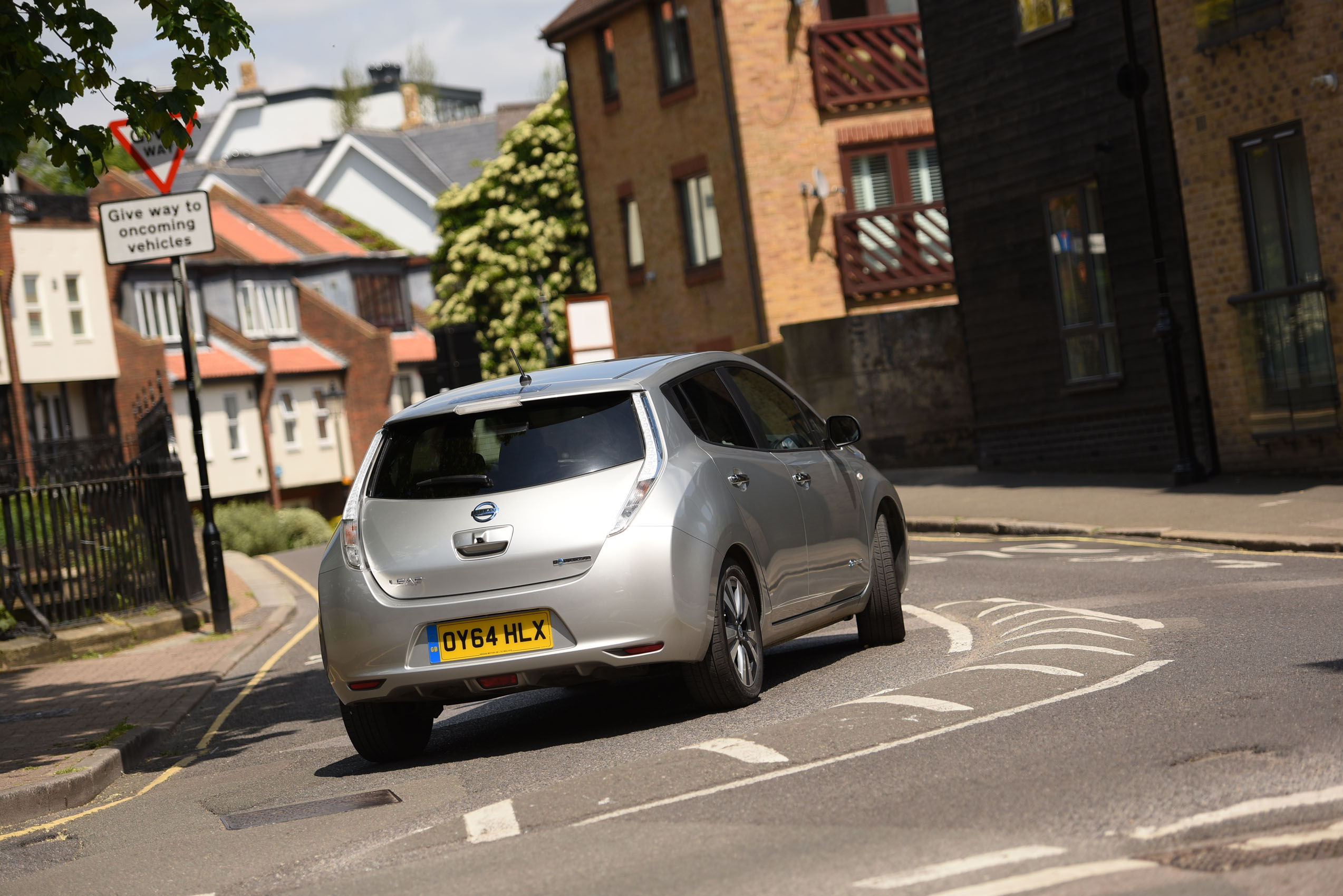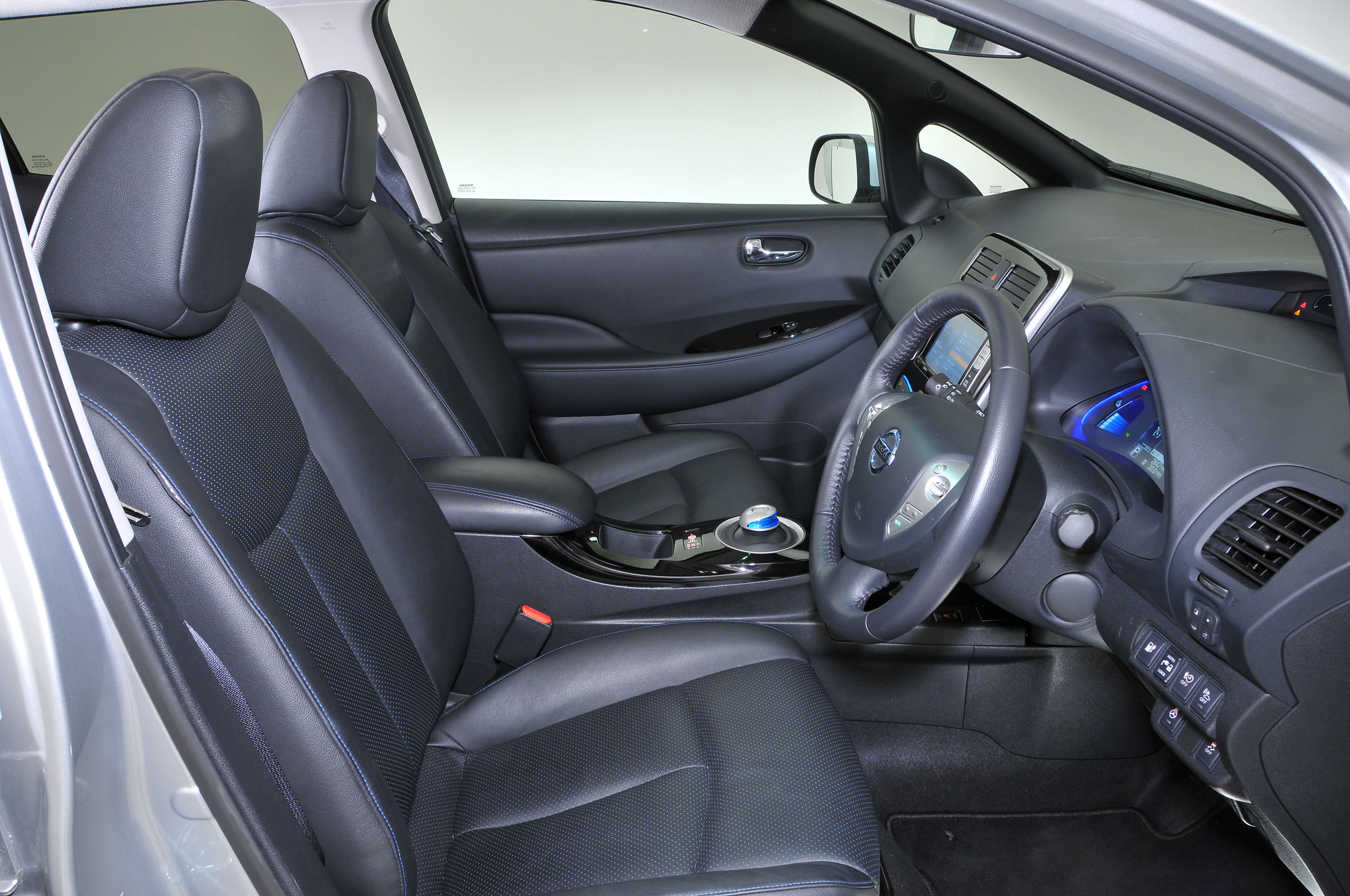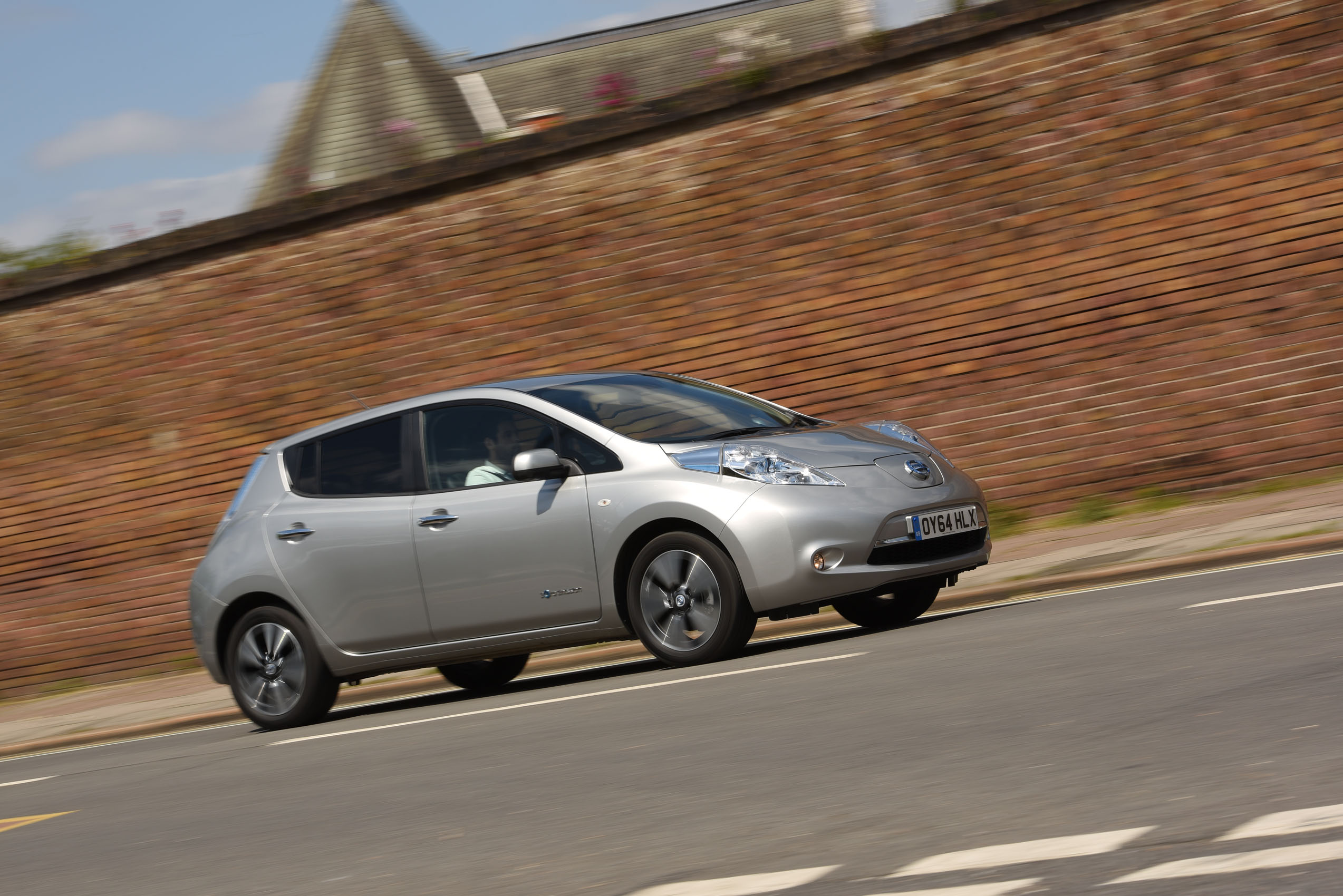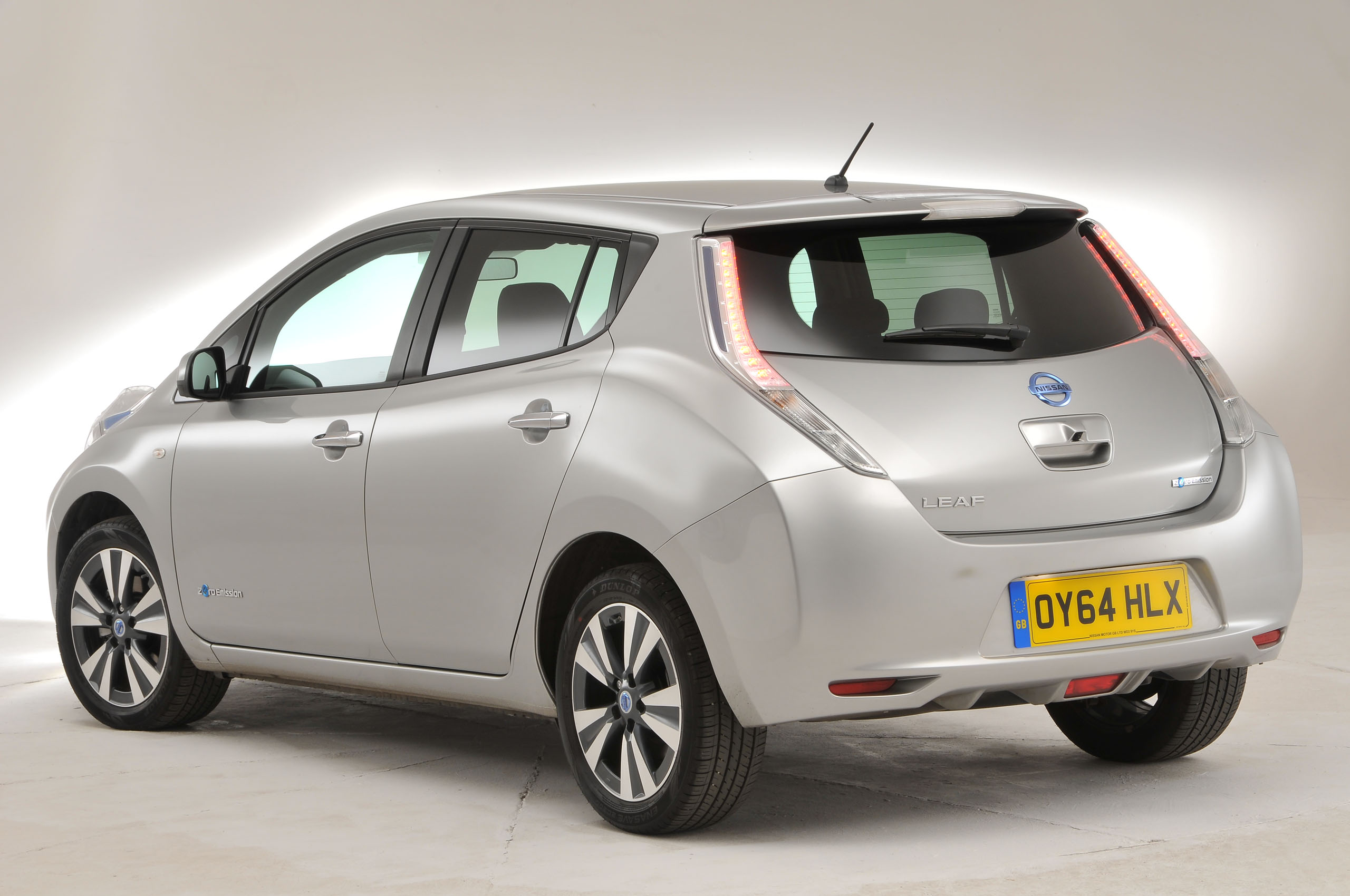Long before the Nissan Leaf, electric cars were significant players until the 1920s, and again in Japan in the late 1940s.
But it was with the invention of the lithium ion battery that Nissan’s modern involvement began. In 1995 it launched the Prairie EV (and made 30), then the Altra EV (and made 200). It followed that with the compact Hypermini in 1999. The 2005 Pivo and Pivo2 concepts heralded the start of a development process that resulted in the Leaf.
The electric car has long been at the heart of the motoring industry’s future-proof plans, but its evolution has not been an easy one so far. Held back by battery technology, electric cars have failed to be a viable proposition for the masses due to a high price and a severe compromise in usability. Nissan hoped to change that with the Leaf, a five-door hatchback that runs on a 107bhp electric motor.
Claiming a range of up to 124 miles per charge (dependent on model, on individual use and the ambient temperature), Nissan is realistic about the target market. But that low-mileage market is still a broad one, and if the Leaf can prove that it offers the same ease of use as its conventional rivals, excepting the range, this could be the start of the electric car revolution that has been on the brink of happening for years.
In early 2016, Nissan launched a more powerful version of the Leaf otherwise known as the 30kWh - which it claims can achieve 155 miles between charges to ease range anxiety (although previous caveats needed to be taken into account to).


